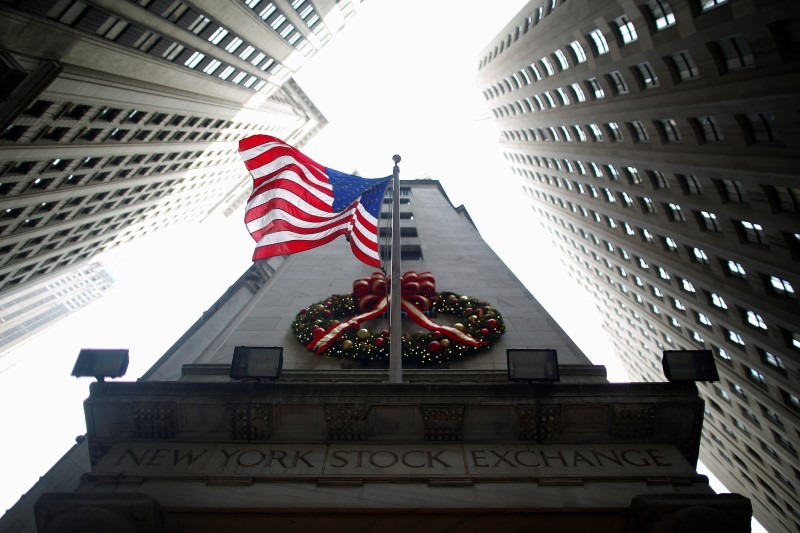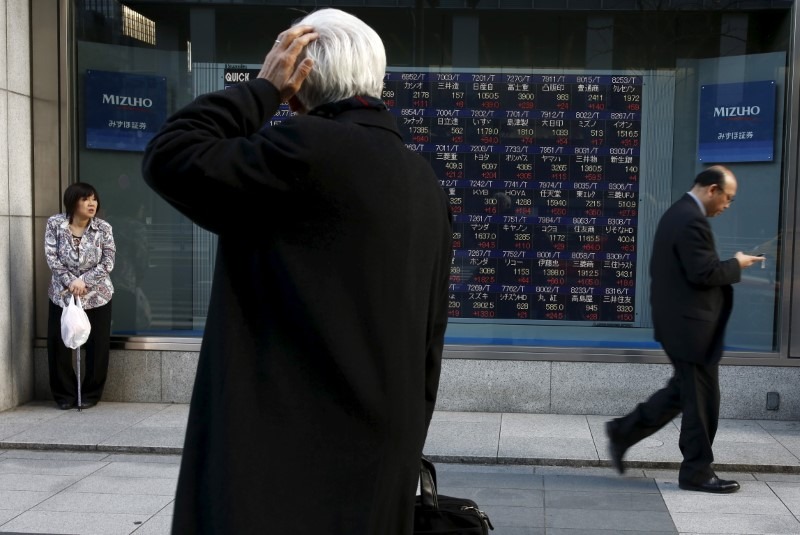Amid turmoil over Facebook privacy leek, US stock futures edge higher with tech, Fed in focus. Investors taking a breather after a tech-led sell-off left both the S&P 500 and the Nasdaq Composite nursing their biggest one day loss in over five weeks. With about an hour to go before the markets open, futures for the S&P 500 were up 0.2% while those for the Dow Jones Industrial Average and the Nasdaq 100 nudged 0.1% higher.
The dollar, as measured by the DXY index, is trading 0.5% higher at 90.227. Still, with a Fed rate rise already fully priced in, the dollar barely gained from the prospect of a rate hike.
EUR/USD continues to pivot narrowly around 1.23. The EUR looked well bid yesterday – albeit in the context of a market that is range bound.
GBP/USD still neutral, 1.4145 stays on the expectations.
The USD/JPY is trading back around ¥106.40 as markets look more positive.
WTI (oil futures on NYMEX) extended its five-day winning streak and hit fresh two-week tops just shy of the $ 63 mark before entering a phase of bullish consolidation.
Gold continued losing ground through the mid-European session and dropped back closer to over 2-week lows.
The Dow Jones Industrial Average (DJI) rose 98.75 points, or 0.4 percent, to 24,709.66. The S&P 500 (SPX) gained 7.04 points, or 0.26 percent, to 2,719.96. The Nasdaq Composite (IXIC) added 11.33 points, or 0.15 percent, to 7,355.57
Sources:
https://www.ft.com/news-feed#site-content
https://www.ft.com/content/140adba0-2c36-11e8-a34a-7e7563b0b0f4
https://www.ft.com/content/0c682f12-2b80-11e8-9b4b-bc4b9f08f381
https://www.fxstreet.com/news/gold-weakens-back-to-yesterdays-over-2-week-lows-201803201308
https://www.fxstreet.com/news/eur-usd-consolidation-expected-to-break-to-the-upside-scotiabank-201803201351
https://www.investing.com/news/stock-market-news/shares-on-defensive-as-facebook-data-flap-spooks-tech-stocks-1349265
https://www.fxstreet.com/news/gbp-usd-still-neutral-14145-stays-on-the-cards-uob-201803201251
https://www.fxstreet.com/currencies/usdjpy
https://www.fxstreet.com/news/wti-clocks-2-week-tops-near-6290-ahead-of-api-report-201803200925
https://www.investing.com/news/stock-market-news/stock-futures-flat-with-fed-meeting-trumps-tariffs-in-focus-1349907





